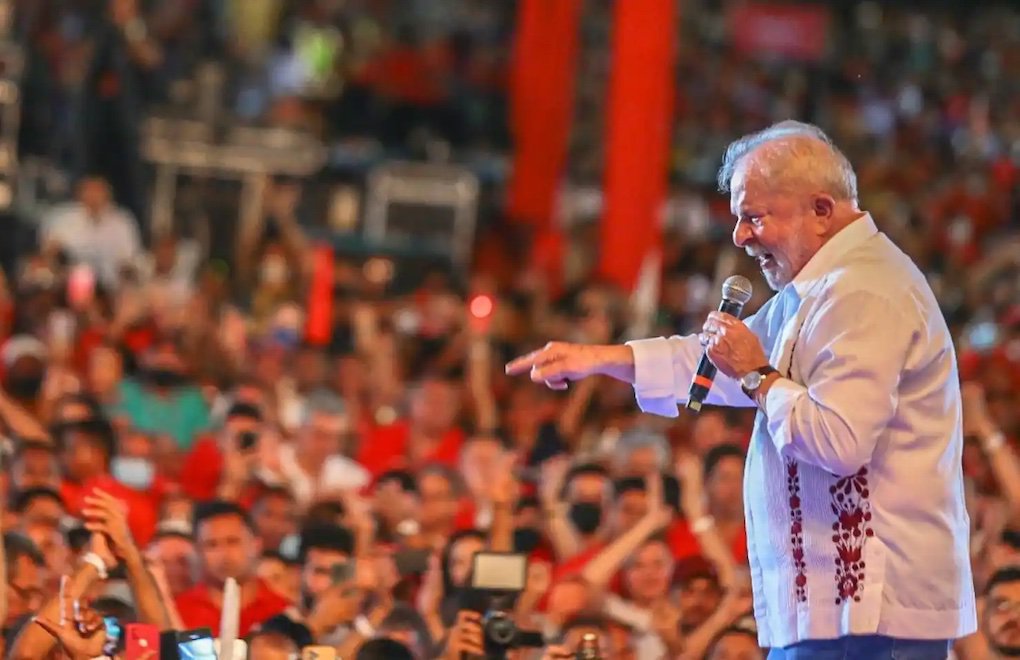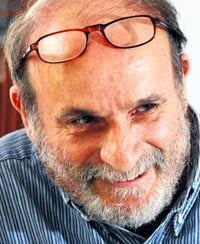Reforms In Baggage Turkey Knocks EUs Door
However these might not suffice Turkey receive a calendar at the union's December Copenhagen summit in order to start negotiations for accession, foreign observers warn.
Turkey was called for candidate membership at the EU's 1999 Helsinki Summit. And completion of the adjustment of domestic law in conformity with the EU's Copenhagen Criteria prior to the union's December Copenhagen summit was seen as fatal in order Turkey keep its place in the EU's enlargement perspectives for the near future.
Ocalan's Problem
Having decided for Nov. 3 early elections in an extraordinary session last week, Turkish parliament amidst cheers of the liberal public and facing ultra-nationalist charges of "high-treason" abolished death penalty in peace time, practically saving the life of sentenced Kurdish guerrilla PKK (Kurdistan Workers' Party) leader Abdullah Ocalan along with 60 other convicts.
Abdullah Ocalan was handed over to Turkish security by the Kenyan government in 1999 after extradition from his Syrian base and unsuccessful European tour for asylum.
Tried and quickly sentenced to death in a State Security Court Ocalan's execution was suspended until when his objection for fair trial the European Human Rights Court would be decided.
Reforms
Ocalan's PKK with the arrest of the leader stopped guerrilla war, adopted a peaceful strategy, disbanded its armed groups and changed its name for KADEK (Kurdistan Freedom and Democracy Congress) prior to being outlawed by the European Union in April 2002.
The PKK's 15 years of bloody war for Kurdish autonomy with the Turkish government cost the lives of some 20 thousand guerrillas, 5 thousand Turkish security force members and 5 thousand civilians.
The "EU laws package" as dubbed by the media also included freedom of education and broadcast in non-Turkish languages, freedom of criticism of the state organs and institutions, easing restrictions against foreign NGOs working in Turkey, greater freedom for non-Muslim minority foundations, tougher measures against illegal immigration via Turkish borders.
In a country where the recognition of the existence of any other ethnicity but the Turks have been banned as the cornerstone of statehood the recent reforms are "groundbreaking" in the sense that they reshape Turkey as multi-ethnic country most analysts believe.
"The 28th star" in EU
"The 28th star" runs the headlines of Turkey's biggest mainstream daily Hurriyet on Saturday. Implying Turkey will be the 28th member in the European Union. Unprecedented for any mainstream editor in the history of Turkish press Hurriyet's chief editor Ertugrul Ozkok titles his column in Kurdish "Biji Turkiye" - Long Live Turkey.
The ultra-nationalists opponents of the reforms, particularly the ruling coalition partner MHP (Nationalist Action Party) deputies have however, already signaled during the parliamentary debate that they will turn the forthcoming elections a bitter fight between the "Turkish nationalists" and the "traitors".
"Turkey has capitulated itself without any reservation to the European Union's demands" says Devlet Bahçeli the MHP chair and deputy prime minister, in a public statement he made following the vote.
Contrastingly, those who have welcomed the reforms are fully convinced that "Turkey has made a gigantic stride towards its future in the European Union."
"Turkish parliament have made a mental revolution," journalist Ozkok believes. "We have come from the fear of pronouncing the word 'Kurd' to end up with granting freedom for education and broadcast in Kurdish language," he says.
Ecevit: Date of negotiation
Broek's pessimism
"Freedom for mother tongue will create a unifying climate rather more than dividing it" he believes.
Turkish Prime Minister Ecevit too is "assured that Turkey, after these reforms will receive a date for negotiations for accession at the December Copenhagen Summit."
"I don't even want to think of the other way around," he told journalists. Though "we will react accordingly if that happens," he adds.
Would these reforms suffice Turkey start negotiations for accession in the EU is an open question most foreign analysts believe.
Elmar Broek, European Parliament Foreign Relations Committee chair is of the opinion that "Turkey is till far from meeting the Copenhagen political criteria"
"Full democracy and supremacy of law is yet to be established. The army's political hegemony and the independence of the judiciary are still problematic," Broek says, in a statement he made for the BBC what is widely quoted by the Turkish media
Cyprus issue
According to media reports here, some EU officials in off-the record statements criticize the Turkish government with "arousing unrealistic expectations among the Turkish public."
"Turkey will not be given a date at the Copenhagen summit and contrastingly tensions between Turkey and the EU will increase by autumn when the candidacy of Cyprus will be discussed," the diplomats say.
The Mediterranean island of Cyprus 100 miles to the south of Turkey is divided between the Turkish north and Greek south since 1974 when the Turkish armed forces invaded the island in response to a coup against the then Cyprus President Archbishop Makarios II's bi-communal government.
In spite of UN Security Council decisions in the opposite direction Turkey still controls the Northern 36 percent of the island's territory. And the self-proclaimed Turkish Republic of Northern Cyprus is yet unrecognised by any other country in the world but Turkey
The EU has decided starting negotiations for the accession of the Cyprus Republic, as the sole legitimate government of the whole island, in the union by 2004.
Aktar: Negotiations should start
Turkey strongly opposes the prospect claiming that Northern Cyprus will annex to Turkey should Cyprus accepted in the EU prior to Turkey's accession.
However, optimists are of the opinion that Ankara's achievements will and should be appreciated by the EU.
Dr. Cengiz Aktar, an EU specialists from Istanbul's Galatasaray University too agrees that it is highly unlikely that a lasting solution might be reached in the Cyprus question by December.
"However, this is not a roadblock for starting negotiations for accession," Aktar told. "Further those negative statements are coming from unauthorized officials. The real evaluation of the situation will be made by political cadres rather more than technicians."
Aktar points to the examples of Estonia and Latvia who abolished the ban on Russian language even after starting the negotiations for accession. "What is more important is to provide concrete orientation to convince the EU for progress, that is what the Turkish parliament have recently done," he says.
Army's role
"The independence of the judiciary and practical implementation of the reforms might very well be monitored during the negotiations," Dr. Aktar believes.
"The army's dominant role in Turkish politics has historical roots. And this can not be eliminated once and for all," Aktar reminds. "And don't forget previous constitutional amendments what were welcomed by the European Union were recommended by the National Security Council 5 of whose 9 members are the army top brass."
"Europe will appreciate the progress," believes an optimistic Dr. Aktar. "This is a historical step." (NM/EK)
The long and hot summer ahead

'Shamelessness'
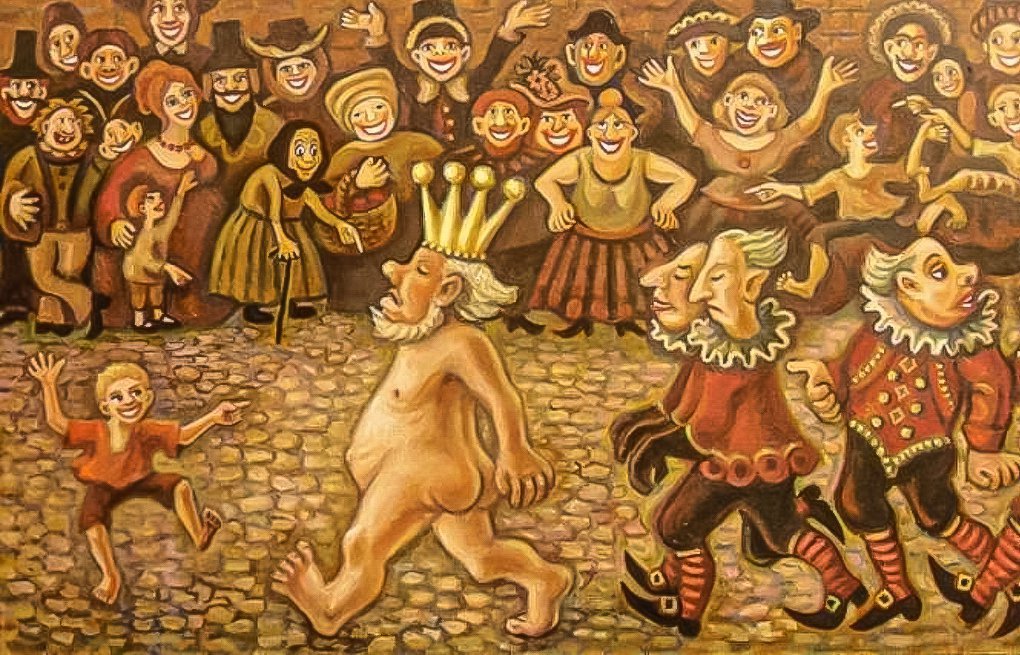
LEFT TIDE IN LATIN AMERICA-III
The new task: 'To contribute the reintegration process, to recover the lessons of the Cuban revolution'
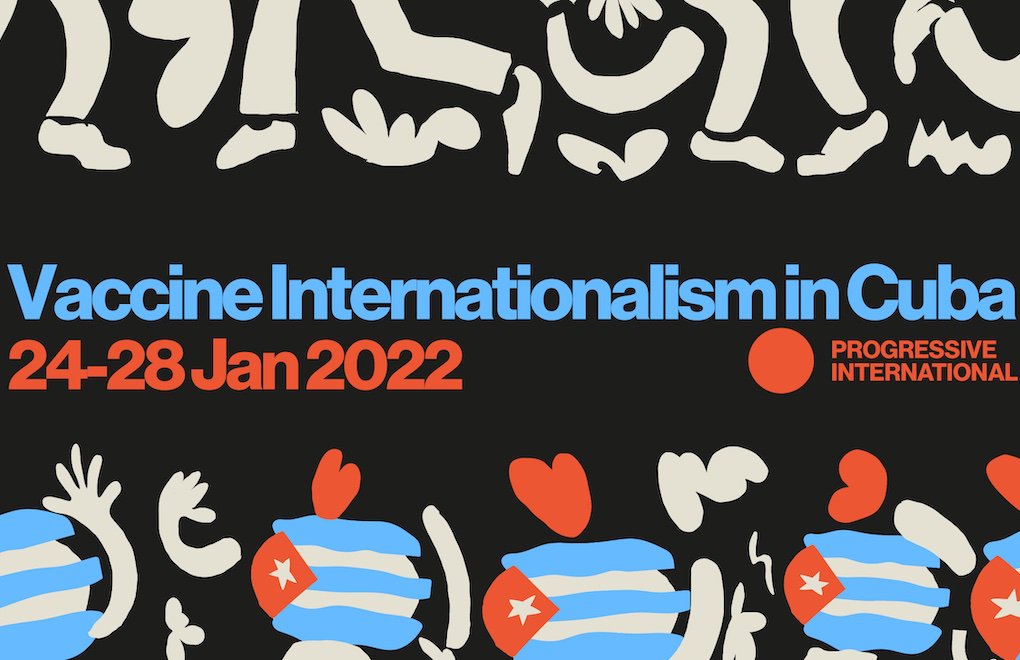
LEFT TIDE IN LATIN AMERICA-II
An International to accompany the continental rise of the Left
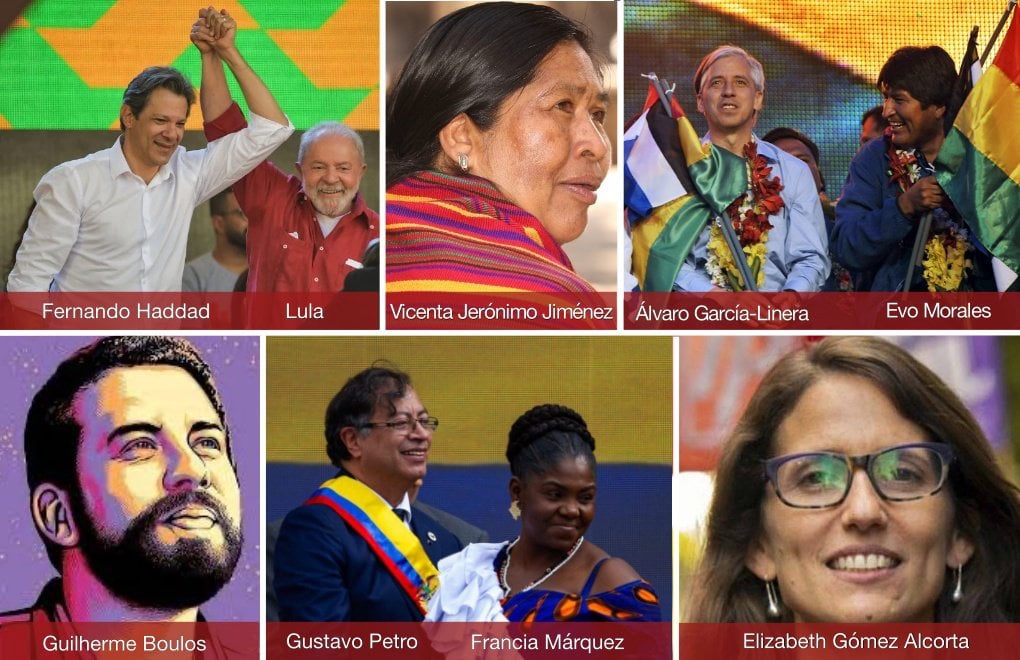
LEFT TIDE IN LATIN AMERİCA-I
David Adler: "A new vision that is feminist, ecologist, and pluralist"
